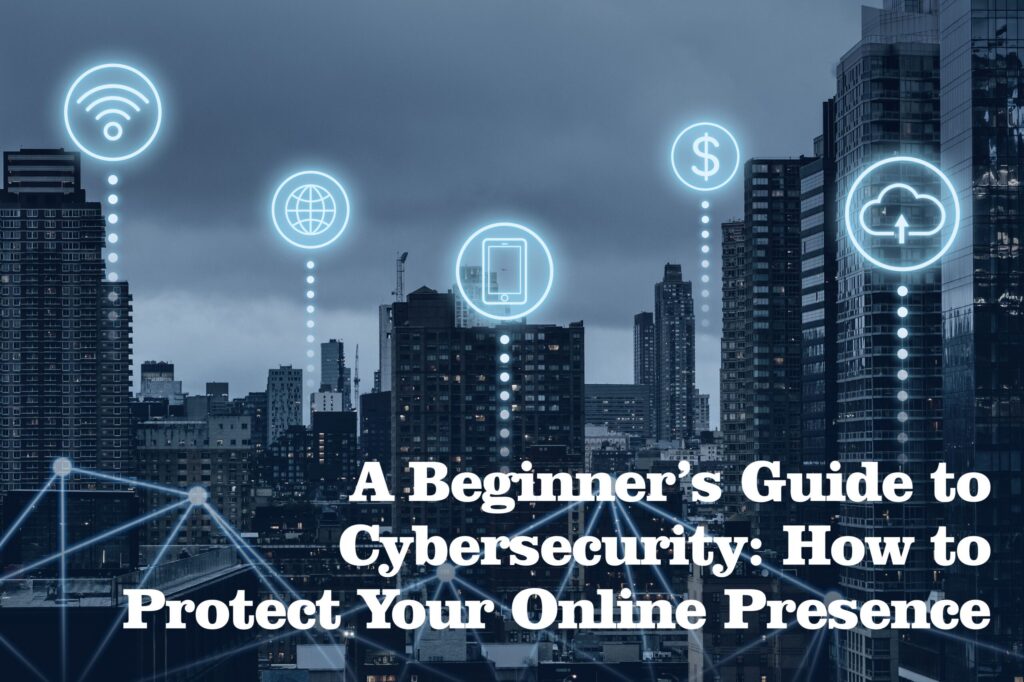In today’s increasingly digital world, cybersecurity is more important than ever. From online shopping to social media, our personal and financial information is constantly at risk of being stolen by cybercriminals. As a beginner, it can be overwhelming to know where to start when it comes to protecting yourself online. This guide will provide you with a comprehensive overview of the basics of cybersecurity and give you practical tips to help keep your information safe.
Use Strong Passwords:
The first step to protecting your online presence is to use strong, unique passwords for each of your accounts. A strong password should be at least 12 characters long and contain a mix of uppercase and lowercase letters, numbers, and symbols. Avoid using easily guessable information, such as your name, birthdate, or common words.
Enable Two-Factor Authentication:
Two-factor authentication adds an extra layer of security to your accounts by requiring you to enter a code in addition to your password. This code is usually sent to your phone via text message or generated by an authentication app.

Keep Software Up-to-Date:
Keeping your software up-to-date is one of the easiest and most effective ways to improve your cybersecurity. Software updates often include security patches that address known vulnerabilities.
Use Antivirus and Anti-Malware Software:
Antivirus and anti-malware software can help protect your computer from malicious software, such as viruses, spyware, and Trojans. Make sure to keep your software up-to-date and run regular scans.
Be Careful with Email Attachments:
Cybercriminals often use email attachments as a way to spread malware. Before opening an attachment, verify the sender and ensure that the attachment is from a trusted source.
Avoid Public Wi-Fi:
Public Wi-Fi networks are often unsecured, which makes it easy for cybercriminals to intercept your information. Whenever possible, use a virtual private network (VPN) or a secure, encrypted connection when accessing sensitive information on public Wi-Fi.
Back Up Your Data:
Regularly backing up your data can help protect against data loss in the event of a cyberattack or hardware failure. Consider using an external hard drive, cloud storage, or a physical backup (such as a USB drive).
Be Wary of Phishing Scams:
Phishing scams are a common way for cybercriminals to steal personal information. These scams often take the form of an email or a message that appears to be from a trusted source, such as a bank or an online retailer. Be cautious of emails that ask for personal information, such as a password or a Social Security number.
Use a Firewall:
A firewall can help protect your computer from malicious software and unauthorized access by creating a barrier between your computer and the internet. Most operating systems include a built-in firewall, but you can also install third-party firewall software.
Stay Educated:
Cybersecurity is a constantly evolving field, and it’s important to stay informed about the latest threats and best practices. Read cybersecurity news, attend online seminars and webinars, and educate yourself on the latest techniques used by cybercriminals.

